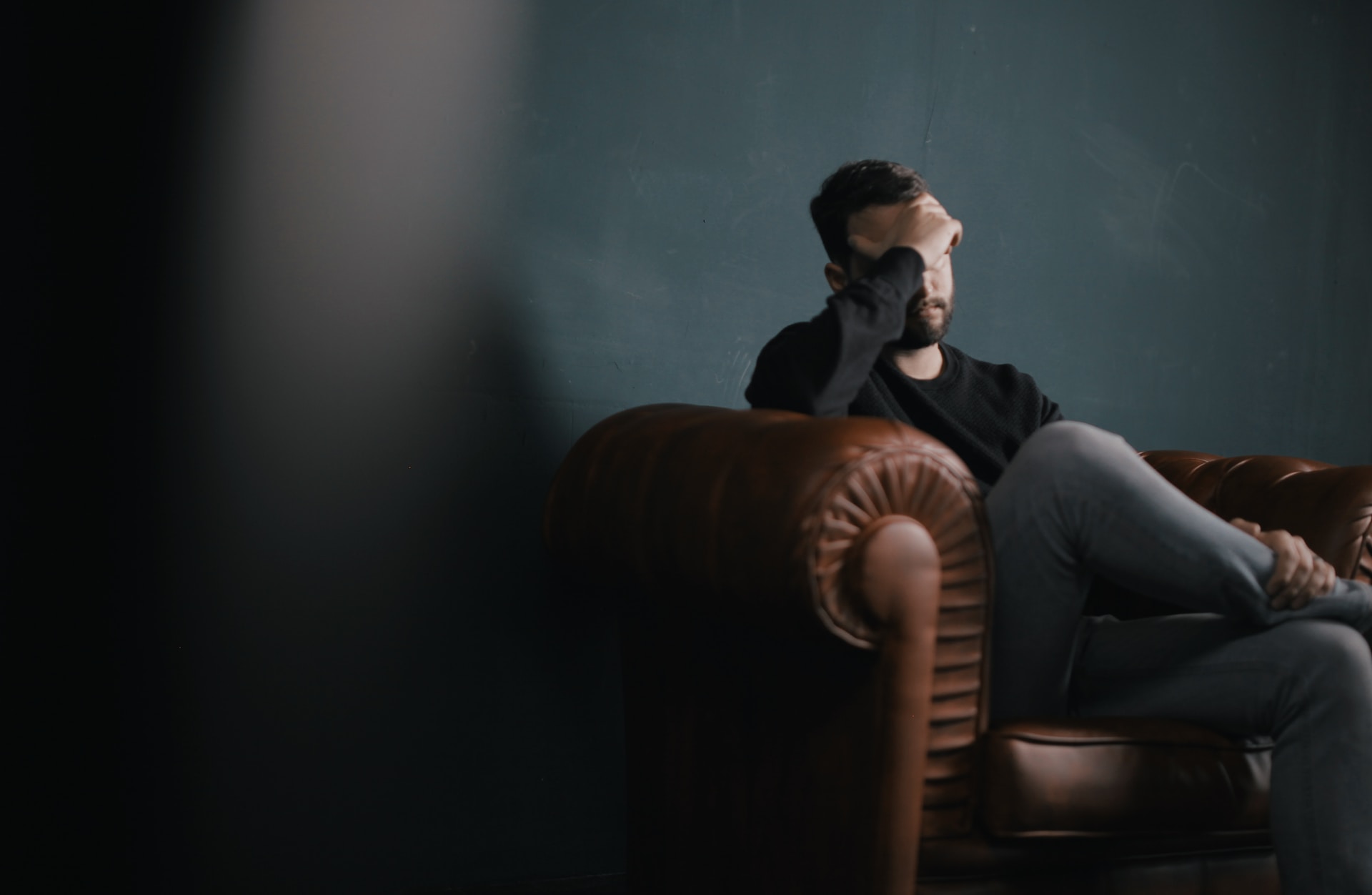Seeing a counselor regularly provides you with a safe and comfortable space to vent, process, and be heard without judgment. A good therapist will also teach you skills to identify unhelpful thinking patterns and blind spots, ultimately guiding you on your path to emotional healing. During anxiety therapy, you might use cognitive behavioral therapy (CBT). CBT methods include:
- Creating a list of triggers.
- Ranking them by severity.
- Gradually exposing yourself to objects or situations through imaginal or in-vivo exposure techniques.
Improved Self-Esteem
Anxiety therapy provides a unique opportunity to learn more about yourself, your triggers, and how you react to them. Many treatments also teach practical techniques that you can use in your daily life, like mindfulness and relaxation exercises. If you’re participating in group therapy, you may find comfort in hearing that others have the same struggles. This can make you feel less alone and help you find new ways to cope with your nervousness. The cognitive component of anxiety therapy enables you to understand how pessimistic thinking contributes to your symptoms. You’ll work with your therapist to change these thought patterns and reduce the resulting anxiety-provoking behaviors. For example, if you’re afraid of flying, your therapist will encourage you to gradually expose yourself to planes through imaginal or in-vivo exposure until your fears subside. Likewise, if you’re avoiding social activities, your therapist will guide you to start attending them again. These strategies will help you to build a stronger sense of self-esteem.
Better Communication Skills
A therapist will teach you to express your needs, feelings, and beliefs directly and honestly. This will help you to manage your anxieties better and improve your ability to relate to others. Assertive communication also helps to boost self-esteem, but many people with anxiety disorders struggle to behave assertively. In addition to individual counseling, your therapist can recommend lifestyle changes to improve anxiety symptoms. These may include diet, exercise, and reducing the use of alcohol and caffeine. You may also benefit from group therapy, where you can learn from and share with others with similar struggles. You’ll likely find it easier to open up about your anxiety in a group setting, and you can learn techniques to cope with it from your peers. A therapist may also suggest psychodynamic therapy, which involves looking at past conflicts to understand current problems. They might also recommend cognitive behavioral therapy (CBT), which teaches you to recognize and alter harmful thoughts that trigger anxiety, limit distorted thinking, and learn to reduce undesired behaviors.
Increased Self-Confidence
During cognitive behavioral therapy (CBT), you will learn how to identify and limit negative thoughts that lead to anxiety, replacing them with more realistic and healthy ones. You will also learn coping skills to decrease problematic behaviors that fuel your anxiety. Some types of CBT include imaginal exposure, which uses visualization to help you face your fears and learn that the feared outcomes are unlikely to occur. Other methods, like virtual reality exposure, combine imaginal and in-vivo exposure for people with severe phobias and PTSD. You can get help for your anxiety through various psychotherapy options, including group CBT, which has proven effective. However, it may take some time to find the right therapist and type of treatment for you. Many people meet with multiple therapists before finding the best match for them. Be patient and communicate openly to let your therapist know how you feel about the process. This will ensure that your sessions are as helpful as possible.
Reduced Anxiety
Anxiety therapy teaches you skills that help you cope with the physical symptoms of anxiety. You will learn relaxation techniques, such as deep breathing, progressive muscle relaxation, autogenic training, and guided imagery, that can help you reduce your anxiety. You will also develop coping strategies to use when you experience a trigger. You will work on identifying the irrational predictions and negative distortions that lead to anxious feelings. Your therapist will help you replace these negative thoughts with more realistic ones that can calm you down when a situation arises that typically sends your stress levels through the roof.
You will practice new coping skills in different settings throughout the week. Your therapist may recommend some lifestyle changes, such as avoiding stimulants like caffeine and nicotine or exercising for at least 30 minutes a day to release endorphins. They may also suggest that you find a support group. This provides compassion, understanding, and shared experiences.



